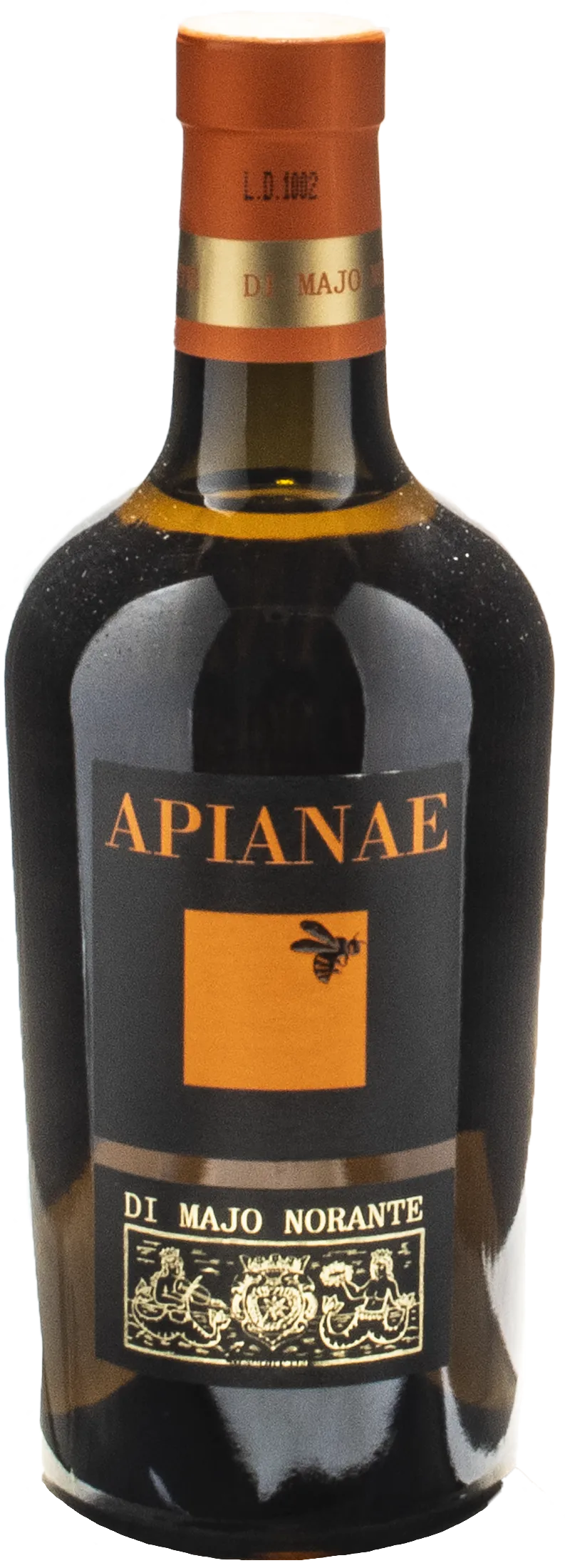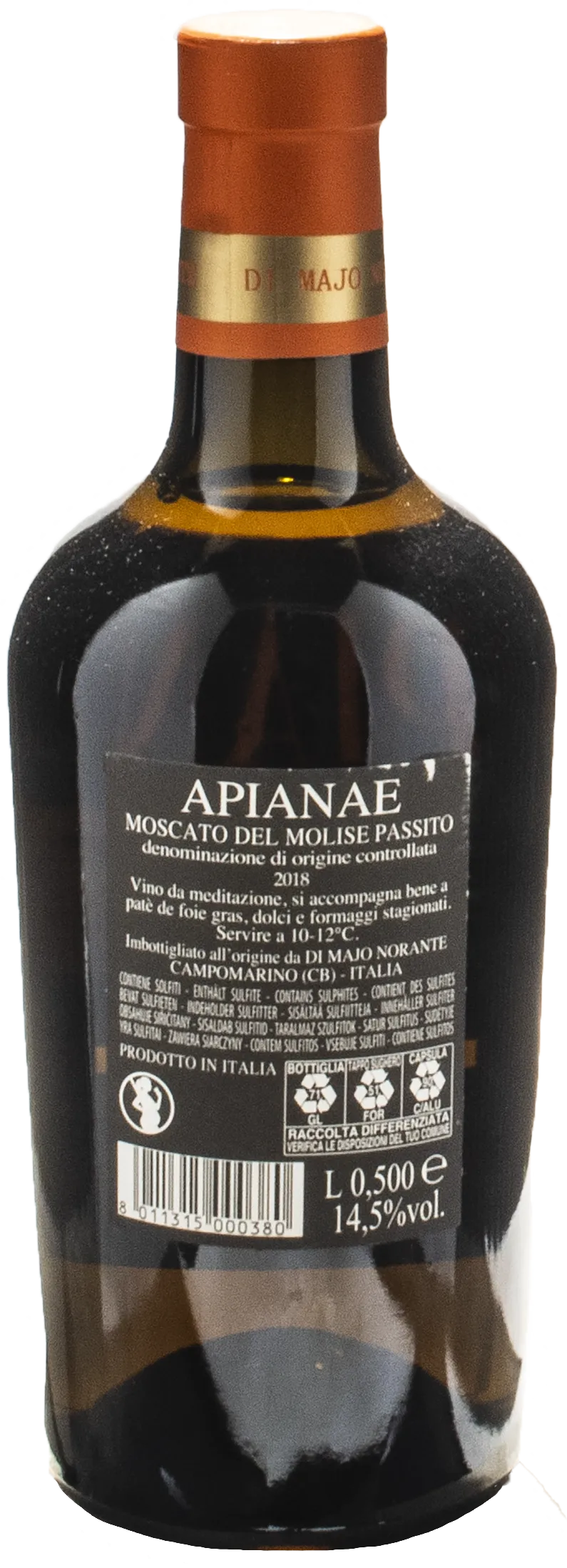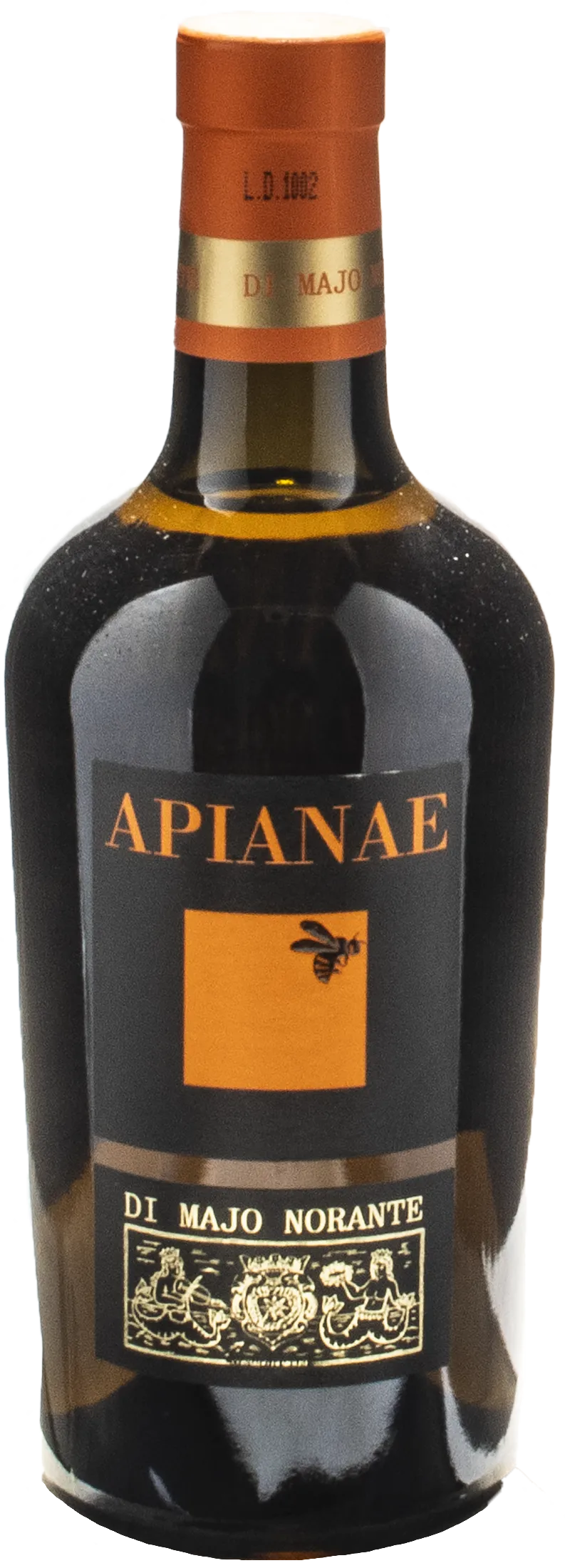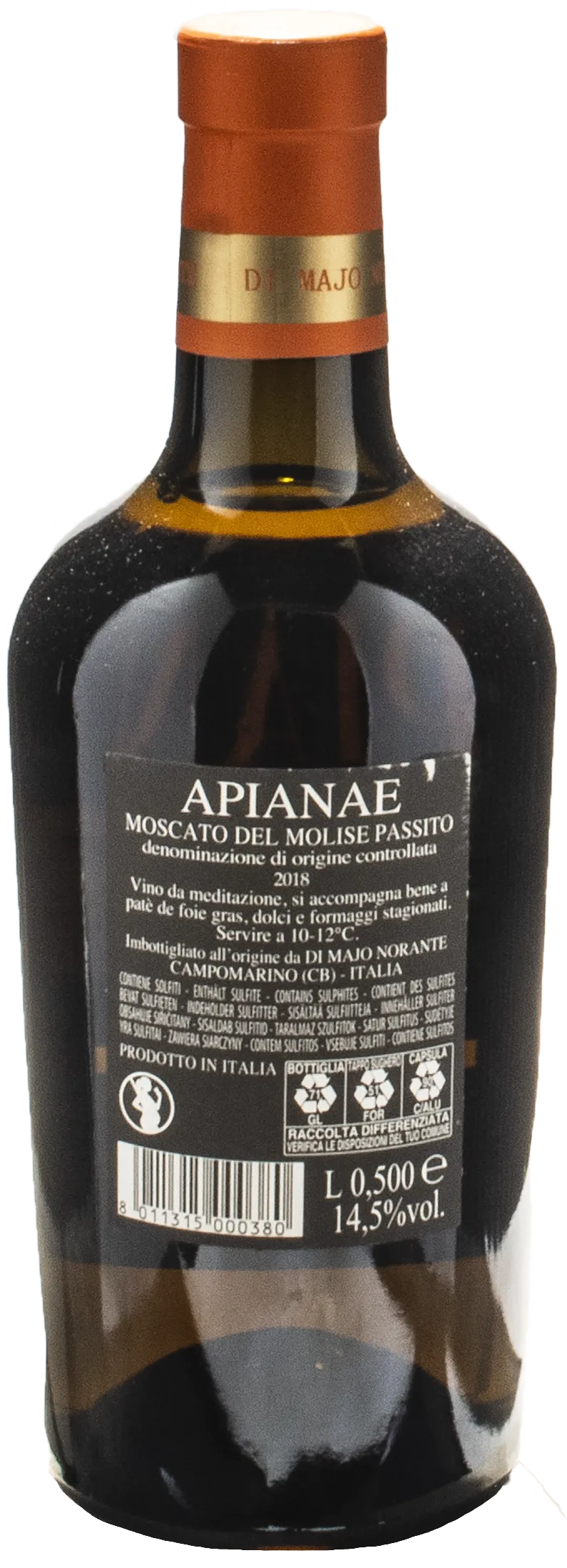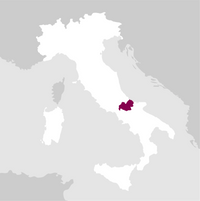描述
This old vine, which was dear to the Popes, has been cultivated in Italy since 200 B.C. and was named Apicia, Apicius or Apianae - according to Colummella and the other Georgics.
奖项
详情

香水

颜色

味道
服务于:
10 - 12 °C.
长寿:
10 - 15 years
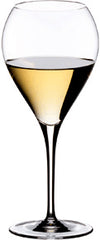
搭配
- 创办年份: 1968
- 酿酒师: Riccardo Cotttarella
- 生产的瓶子: 800.000
- 公顷: 140
Di Majo Norante wine-making philosophy is consistent with a traditional approach to grape growing and wine production, centred on preserving all the characteristics of Mediterranean wine-making. 阅读更多

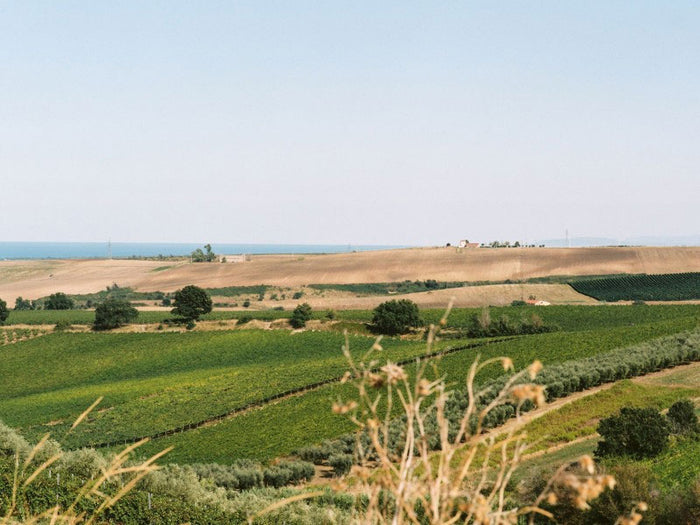
| Name | Di Majo Norante Moscato del Molise Passito Apianae 0.5L 2018 |
|---|---|
| Type | White organic dessert wine dessert wine aromatic |
| Denomination | Molise DOC |
| Vintage | 2018 |
| Size | 0,50 l |
| Alcohol content | 14.5% 按体积 |
| Grape varieties | 100% Moscato Bianco/Moscato Reale |
| Country | Italy |
| Region | Molise |
| Vendor | Di Majo Norante |
| Origin | Campomarino (CB) |
| Climate | Altidue: 200 m. a.s.l. |
| Soil composition | Sandy, clay. |
| Cultivation system | Trellis |
| Plants per hectare | 4400 |
| Yield per hectare | 55-77 q/Ha |
| Harvest | End of October/November |
| Wine making | The raisins dried on the plant are cold-macerated. It is slightly pressed to enhance the aromas. It ferments slowly at a controlled temperature. |
| Aging | Malolactic fermentation: complete in barrels. 1 year in steel vats and 6 months in bottles. |
| Total acidity | 5.85 gr/L |
| PH | 3.5 |
| Residual sugar | 93.6 gr/L |
| Dry extract | 110.0 gr/L |
| Allergens | Contains sulphites |
